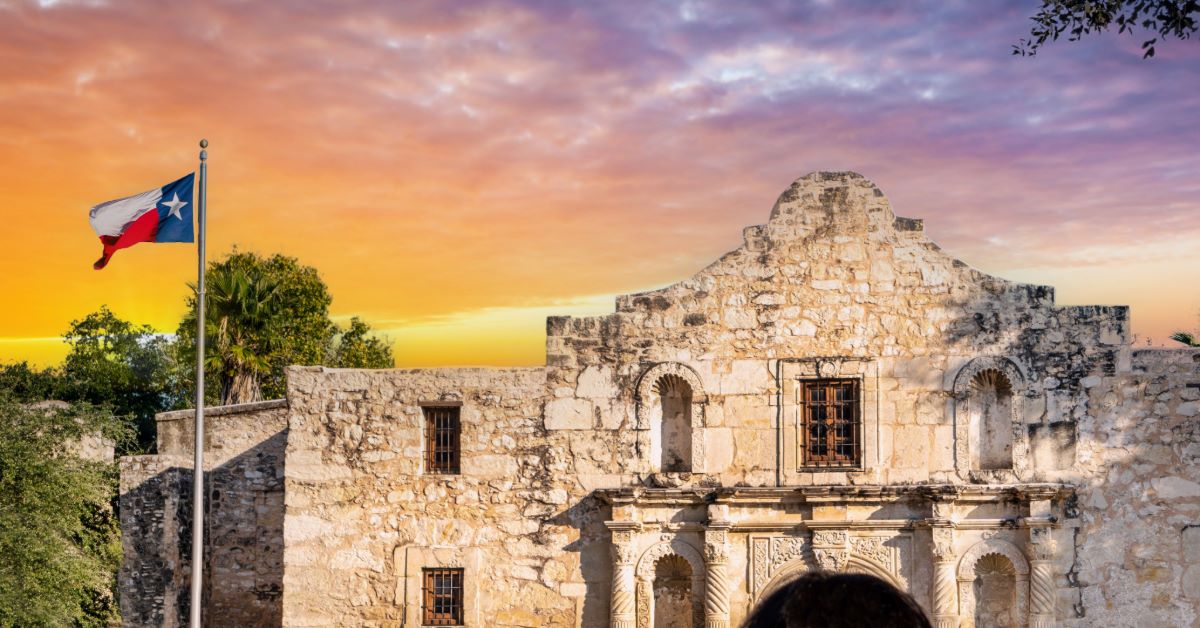San Antonio raises permit fees, toughens enforcement for short-term rentals
- Jul 9, 2024 | Jennifer Sokolowsky

San Antonio, Texas, has beefed up its short-term rental (STR) regulations with higher fees for permits, stricter enforcement, and new requirements for online marketplaces such as Airbnb and Vrbo.
As a result of the update, the cost for city-issued STR permits will increase from $100 to $300 for Type 1 STRs, where the host lives full time in the rental property. Annual permit fees for Type 2 STRs — those rented out without the owner present — will go up to $450. Both types of permits must be renewed every three years.
The city also created new options for STR ordinance enforcement, including:
- Civil enforcement with administrative hearing officers
- Mandatory meetings with the Development Services Department director for operators with numerous violations
- Permit revocation penalties of up to three years for violations
The ordinance also requires marketplaces to remove any San Antonio listings that don’t have valid STR permit numbers.
In 2023, San Antonio ranked fifth in STR growth in the United States. It had 2,954 permitted short-term rentals operating as of April 2024, and the city estimates that at least another 1,100 are operating without permits. In November, the city put together a task force of neighborhood advocates and STR operators to recommend new rules to make STRs more visible, ensure tax collection, keep affordable housing on the market, and rein in bad actors.
San Antonio’s original STR law was passed in 2018. It defines STRs as rentals of 30 days or fewer and requires STR operators to register with the city. It also limits the number of Type 2 STRs that can operate within certain areas. Only one Type 2 rental is allowed in a multifamily development with fewer than eight units. In larger multifamily buildings and on residential blocks, Type 2 rentals are limited to 12.5% of housing. Once the density limits are reached, prospective STR hosts can ask for an exception from the Board of Adjustments.
The law also prohibits short-term rentals from being used for large events and hosts aren’t allowed to provide food and beverages to guests. Properties that have received city housing incentives are barred from operating as Type 2 short-term rentals.
STRs required to follow lodging tax rules
San Antonio STR hosts are required to collect city Hotel Occupancy Tax (HOT) from guests and file monthly HOT reports even if they have no taxable room receipts. All STRs in Texas are also subject to state hotel occupancy tax. Operators must register with the Texas Comptroller’s Office, collect taxes, and file state occupancy tax returns. Registration and filing aren’t required if an online short-term rental marketplace such as Airbnb or Vrbo collects all state hotel occupancy taxes for the property.
Airbnb and Vrbo automatically collect the state portion of the tax for bookings on their sites. Before the new law was passed, these marketplaces didn’t collect city occupancy tax, but they are required to do so under the latest ordinance.
STRs have generated more than $14 million in HOT for the city since 2019.
MyLodgeTax can help short-term rental hosts automate and simplify city and state lodging tax compliance, from registration to tax return filing. If you have tax questions related to Texas vacation rental properties, drop us a line and we’ll get back to you with answers. See our Texas vacation rental tax guide for more on short-term rental taxes in the state.











